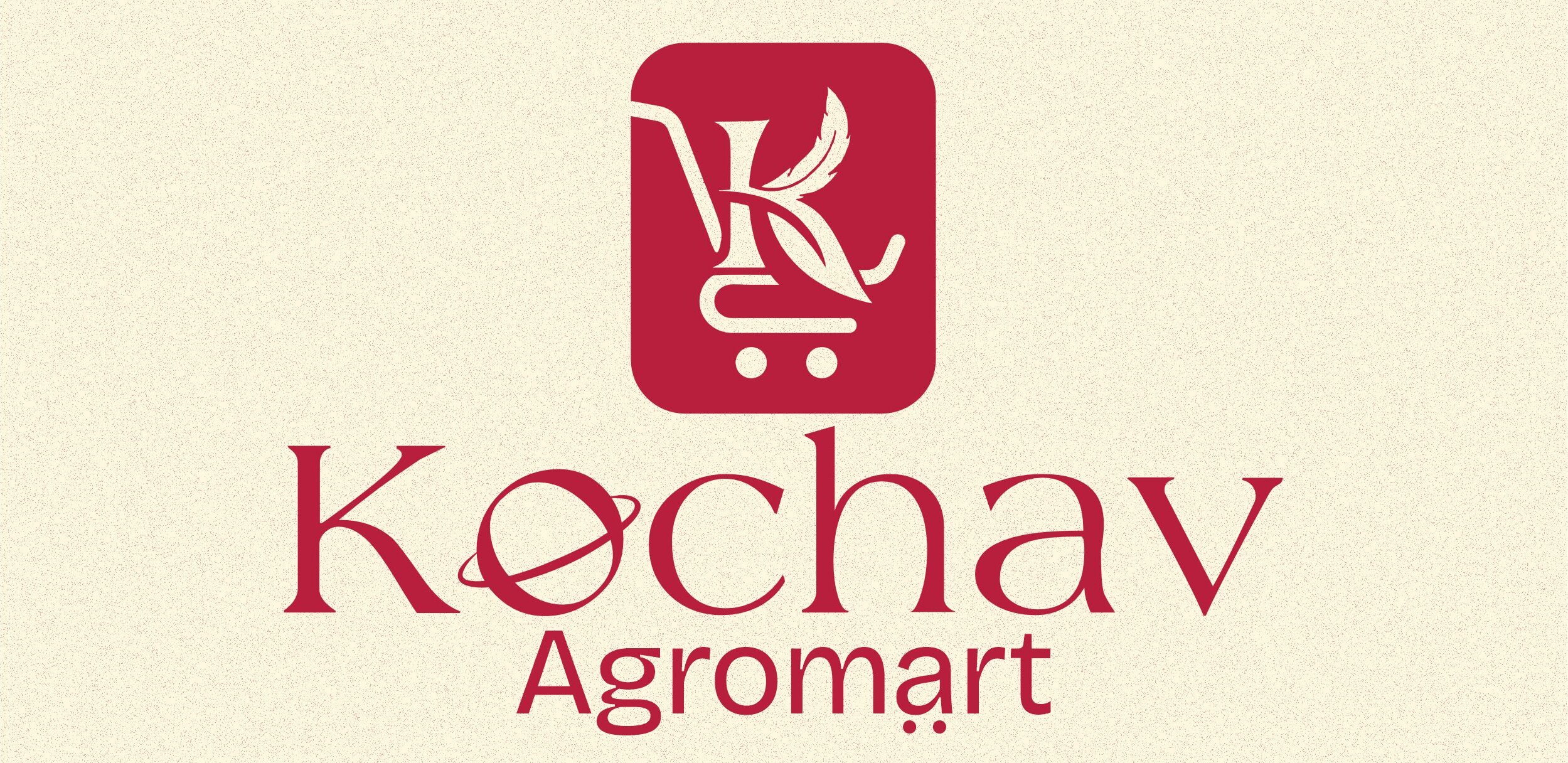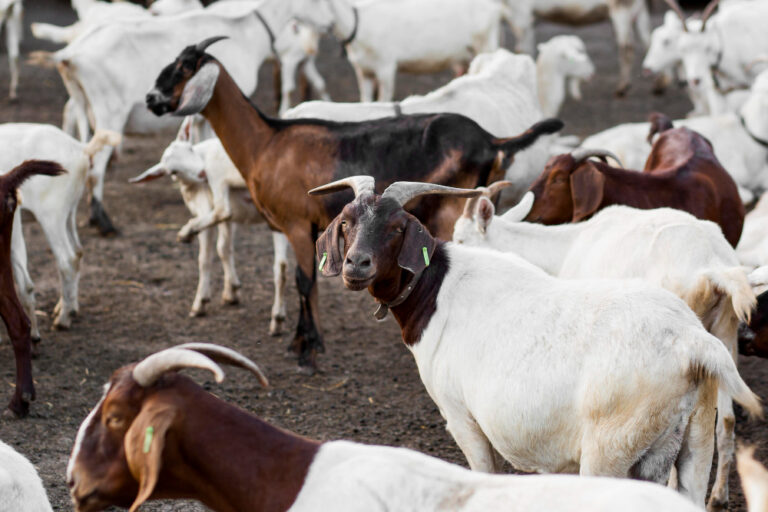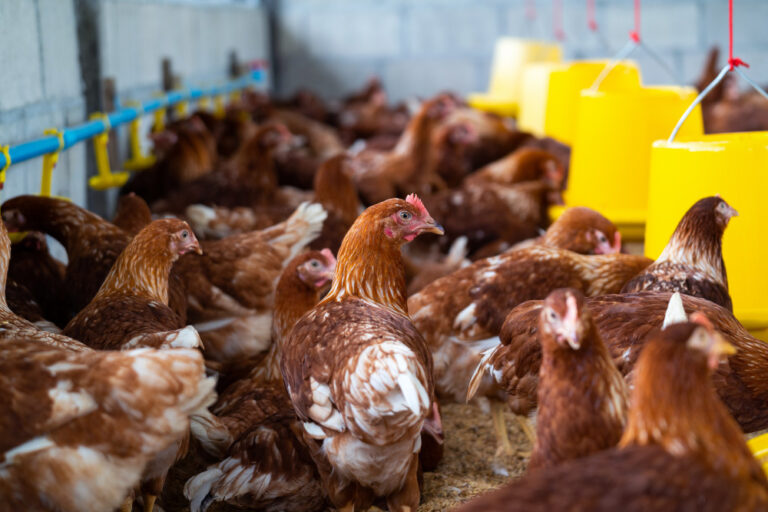8 Tips To Starting a Successful Maize Farming Business
Maize is a cereal crop and maize farming business is a profitable business because of its high demands in most homes, from feed producers and a food processing company.
Nigerians alone produce above 10 million metric tonnes of maize every year and the demand for maize still keeps on rising above the supply, this gives farmers that want to go into maize farming an edge to enter the market because of its high demand and less supply and makes a lot of profit and it also highly demanded for globally which the farmer can make the advantage of it to go into its export market.
Also, maize farming is a vital food source important for both humans and animals and it can be used in various ways in different industries. Food and beverage, pharmaceutical and textile industries can also make use of Maize due to its major raw materials and it can also contribute to the growth and development of Nigerian and African economies.
How to Start a Successful Maize Farming Business
It is important to understand how the business works before venturing into maize farming because the maize farming business is beyond just planting maize seeds and harvesting. To be successful in the business, you need to have the right approach, have proper planning, know your budget, your locations and have a deeper knowledge of the business pattern before venturing into maize farming. The following includes the ways you can consider before going into maize farming:
1. Select your land and soil type
Maize farming in Nigeria needs a well drained sandy loamy soil, the land must be flat and have easy access to market and a good road for transportation. Maize plants cannot survive a waterlogged area so avoid a waterlogged area by all means. And for your maize crop to produce a high yield also avoid areas with trees, shad and hills. One hectare of land is proper for commercial maize farming and for a startup farmer you can rent a land to farm. The land needs to be cleared and tilled into a loose seedbed to promote root development.
It is important to test and check the soil type to know its nutrient composition state and pH levels (ensure the pH levels are between 5.5 – 7.0 because maize grows faster in slightly acidic to neutral soils) before planting at all. The soil test can be done either through a lab or agricultural extension officers and you can apply either compost or lime depending on the result of the soil type to balance the soil.
2. Choose the right variety of seed
The seed of maize you choose can determine the outcome of your production. There are several varieties of maize seed in Nigeria ranging from high yield to drought resistant hybrid variety, and we have some seeds that mature early and can do better in short rain cycles while others are great for longer growing seasons.
It is important to select maize seed from a well reputable supplier and farmers must make it a point of duty to select seeds of high yield variety. Some varieties of seed that are highly recommended includes; SAMMAZ-14, Oba Super-2, and Ife Hybrid-6.
3. Prepare your Planting Calendar
The planting season for Maize depends on your location and resources you have available, you can plant Maize during rainy or dry season. Planting is always done around March and April in Southwest, while in the North, planting is done around early May. When you are planting during dry season then your farms need irrigation for adequate water supply and preparing your planting calendar helps to produce a great yield of harvest.
4. Application of Fertilizer
Your maize needs to be planted at a depth of 3 – 5 cm and they need to be spaced 25 cm apart within rows and 75 cm apart with rows. The spacing aids adequate root development. And NPK 15:15:15 fertilizer at planting is the common fertilizer most farmers used and urea 3 – 4 weeks later. Also, the fertilizer you use must depend on the soil test result you have to avoid wastage or overuse.
5. Monitoring the Farm
Weeding is important and it must be done before planting and within 2 – 3 weeks after planting because weeds compete with the crop for nutrients which can affect the yield drastically. And proper monitoring of your plant after planting helps to detect early signs of pests or diseases.
6. Harvesting your Maize at the Right Time
When the husks of your maize turns brown and the kernels become hard then your crop is ready for harvest and this happens mostly around 90 – 100 days after planting. You can either use manual or mechanical methods to harvest and then ensure your maize is transported safely to storage or processing facilities depending on what production you are into.
7. Sell your maize
If you are planning to store your maize after harvesting then ensure your maize is dried to about 12 – 14% before storing and also handle your post harvest carefully to avoid loss. To protect your maize against pests or mold you can use traditional cribs or purdue improved crop storage bags. You can decide to sell your maize crop to local markets, international markets, wholesalers, industries, processors depending on your production method.
8. Structure and Register your business
Structuring and registering your maize farming business is important as it gives you access to funding, supply contracts and makes you scale in your business.
Benefits of Maize Farming
Maize is a crop that is crucial in Nigeria for both food and feed production. The following include the benefits of Maize farming:
- Maize as a staple crop can be produced into various food products like pap, porridge, animal feed, maize flour and many more.
- It provides opportunities for Maize farmers to sell their produce globally.
- It provides job opportunities either you are a farmer or not a farmer.
- It is also a good source of fiber, carbohydrates and nutrients like vitamin A, B and E.
- Maize can be used for crop rotation to enhance soil fertility, reduce weed on the farm and also the risk of pests and diseases.
- Maize farming is beneficial for smallholder farmers because it’s a crop that can grow in any climate season.
- It creates opportunities for the international market and also helps the farmers to generate high income.
- Maize farming provides opportunities for international market which creates more income for maize farmers.
- Maize farming also contributes to the economy of Nigeria.
Health Benefits of Maize
Maize contains carbohydrates, fiber, vitamins, and minerals, which contributes to a healthy diet. The following include health benefits of maize:
- Maize supplies the body with energy due to its carbohydrate content.
- Maize aids digestion and prevents constipation due to its fiber content.
- Maize helps to control blood sugar level due to its low glycemic index.
- Maize helps to reduce the risk of heart disease due to its antioxidant and fiber content which lowers the level of cholesterol.
- It contains vitamin C which helps to improve the immune system and help the body to fight against infections.
- Maize is important for eye health due to its carotenoids content.
- It protects the skin from damage and promotes the production of collagen to maintain the skin due to its antioxidant and vitamin C content.
- It helps to control blood pressure due to its potassium content.
- It is rich in vitamin B which is important for brain health and also cognitive function.
- Maize also contains folate which is important for the development of the fetus and also prevents any deformity in birth.
- Maize aids bone health due to its vitamin K content.
Conclusion
Maize farming business is one of the major profitable businesses one can venture into and build a ground in the agricultural sector. It is also a high income yield investment with high demands from food processors, feed producers, local markets and international markets.
To succeed in the maize farming business you need to do the right planning, use high yield seeds, calculate your costs and ensure it is well managed and every decision you make and steps you take is important for the success of your business.
Related Posts on Kochavagromart:
7 Ways Agritech Innovation Helps Drive Mechanized Farming Forward








One Comment